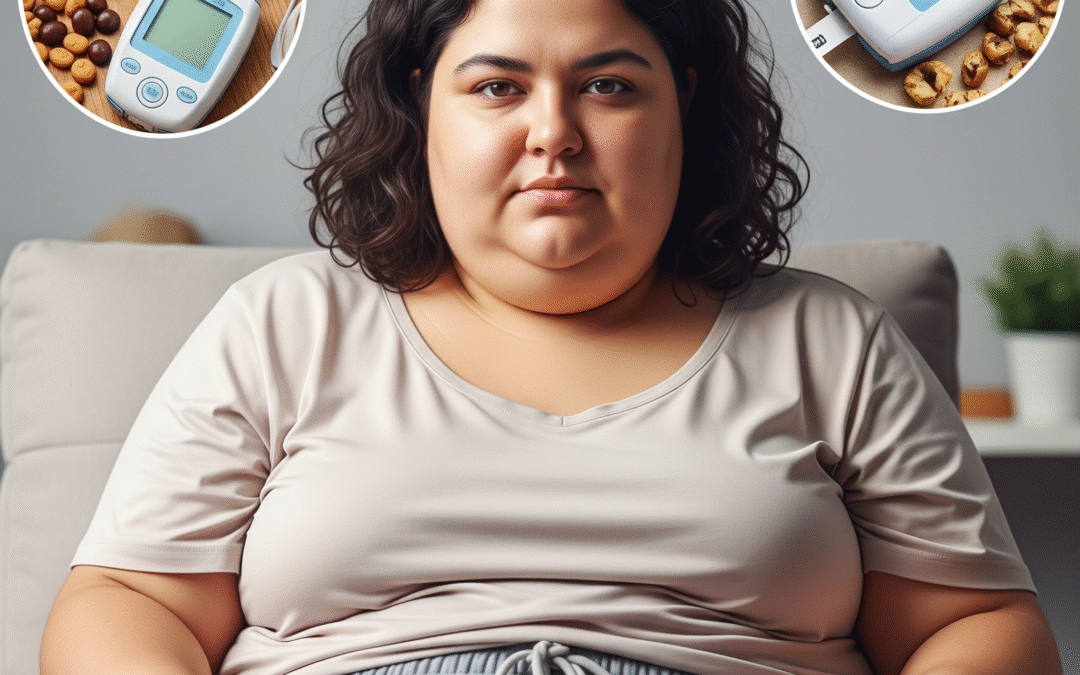Today, the doctor will tell you about
Diabetic Ketoacidosis (DKA)
Diabetic Ketoacidosis (DKA): A Silent Danger That Diabetic Patients Must Be Aware of
Diabetic Ketoacidosis (DKA) is a severe and potentially life-threatening acute complication for diabetic patients, especially type 1 diabetes. However, it can also occur in type 2 diabetes patients who are under severe physical stress or severe insulin deficiency.
What is DKA?
DKA occurs when the body of a diabetic patient is unable to use glucose as an energy source normally due to a lack of the hormone insulin or insufficient insulin. Insulin plays an important role in transporting sugar from the bloodstream into cells for energy. Without insulin, cells starve for energy and the body begins to break down fat for energy instead.
This process of breaking down fat produces substances called “ketones”, which are acids. When ketones accumulate in the blood in large amounts, the blood becomes more acidic. This results in DKA, which is a condition that can harm the functioning of your organs.
Main causes of DKA
* Insulin deficiency: This is the most common cause of DKA in people with type 1 diabetes who do not take insulin as prescribed, do not take enough insulin, or have insulin that has run out of power.
* Illness or infection: When your body is exposed to an infection, such as the flu, pneumonia, or a urinary tract infection, your body releases more stress hormones, which raise your blood sugar level and make your body need more insulin. Without enough insulin, DKA can occur.
* Neglecting diabetes treatment: Not taking your medication or taking insulin as prescribed.
* Severe physical or mental stress: Such as surgery, injury, heart attack, stroke.
* Taking certain medications: Certain medications, such as steroids, can cause your blood sugar to rise.
* Drinking too much alcohol: Can interfere with how insulin works.
Signs and symptoms
Symptoms of DKA usually develop rapidly within 24 hours and can become more severe if left untreated. They include:
* Unusually thirsty and frequent urination: Because your blood sugar is very high, your kidneys are trying to excrete excess sugar through your urine. And also draw water out of the body. * Fatigue, easily tired
* Nausea, vomiting, stomach pain: caused by the accumulation of ketones in the body
* Deep and rapid breathing (Kussmaul breathing): is a mechanism of the body trying to expel carbonic acid through the breath, causing the breath to smell like ripe fruit or nail polish (ketone smell)
* Confusion, dizziness, drowsiness or unconsciousness: If the condition is very severe Brain swelling may occur.
* Dry mouth, dry skin
* Rapid weight loss
Diagnosis
A doctor will diagnose DKA based on a medical history, physical examination, and laboratory tests, including:
* Blood sugar test: often very high (> 250 mg/dL)
* Blood or urine ketone test: high levels of ketones
* Arterial Blood Gas (ABG): measures pH (acidity-alkalinity), which is lower than normal (pH < 7.3) and bicarbonate (HCO3-) levels are reduced (< 18 mEq/L)
* Electrolyte test: assesses electrolyte abnormalities, such as potassium, sodium
Treatment
DKA is a medical emergency that requires immediate hospitalization. The goals of treatment are to correct dehydration, lower blood sugar, correct acidosis, and restore electrolyte balance in the body. The main treatments include:
* Intravenous fluids (IV fluids): to correct severe dehydration and help dilute blood sugar
* Intravenous insulin (IV insulin): to allow sugar to enter cells And stop the formation of ketones
* Correcting electrolyte balance: especially potassium supplementation if levels are low to prevent arrhythmias
* Finding the cause and treating the underlying disease: such as giving antibiotics if there is an infection
DKA prevention
DKA prevention is most important for people with diabetes, especially those with type 1 diabetes:
* Good blood sugar control: Take medication or inject insulin as prescribed by your doctor.
* Monitor your blood sugar regularly: especially during times of illness or stress.
* Understanding insulin: Learn how to inject, store, and adjust your dose as advised by your doctor.
* Having a Sick Day Rule: Talk to your doctor or nurse about what to do when you are sick, such as checking your blood sugar and ketones more often, adjusting your dose, eating, and when to see a doctor.
* Don’t ignore symptoms: If you experience nausea, vomiting, stomach pain, unusual breathing, or a fruity breath odor, see a doctor immediately.
* Avoid drinking too much alcohol: and be careful about taking certain medications that can affect your blood sugar.
Summary
DKA is a medical emergency that requires urgent care. Understanding the causes, symptoms, treatment, and most importantly, prevention is essential for people with diabetes and their caregivers. Regular self-care and consultation with a doctor when in doubt can reduce the risk of DKA and help people with diabetes live a safer, more quality life.


